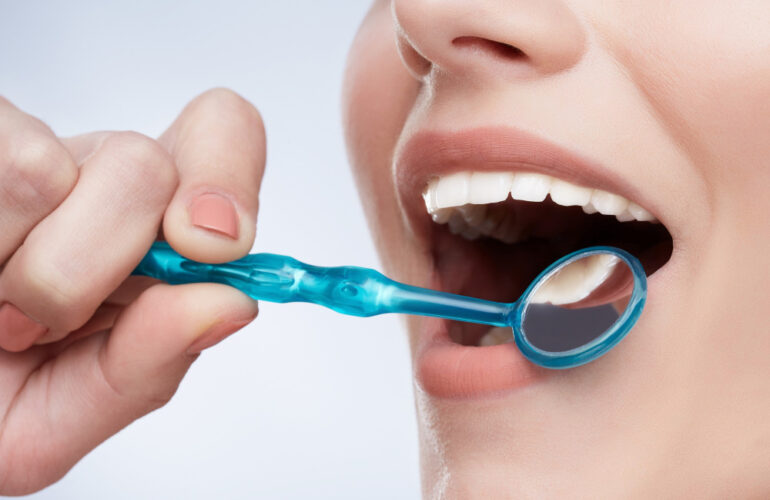A new study led by University of Pennsylvania researchers has found that the oral microbiome affected by diabetes causes a shift in the likelihood of disease.
The microbiome is the microorganisms that coexist with our own cells. We depend on a vast army of microbes to stay alive. Microbiome protects us against germs, breaks down food to release energy, and produces vitamins.” Hence, when microbiome is affected by diseases such as diabetes, it has been hypothesized that we are more likely to succumb to diseases. This study proves that microbiome affected by diabetes causes gum disease (periodontitis) and explains how this happens.
The research, published in the journal Cell Host & Microbe this week, not only showed that the oral microbiome of mice with diabetes shifted but also change was associated with increased inflammation and bone loss around the teeth.
“Up until now, there had been no concrete evidence that diabetes affects the oral microbiome,” said Dana Graves, senior author on the new study and vice dean of scholarship and research at Penn’s School of Dental Medicine. “But the studies that had been done were not rigorous.”
Just four years ago, the European Federation of Periodontology and the American Academy of Periodontology issued a report stating there is no compelling evidence that diabetes is directly linked to changes in the oral microbiome. But Graves and colleagues were skeptical and decided to pursue the question, using a mouse model that mimics Type 2 diabetes.
“My argument was that the appropriate studies just hadn’t been done, so I decided, we’ll do the appropriate study,” Graves said.
The researchers began by characterizing the oral microbiome of diabetic mice compared to healthy mice. They found that the diabetic mice had a similar oral microbiome to their healthy counterparts when they were sampled prior to developing high blood sugar levels, or hyperglycemia. But, once the diabetic mice were hyperglycemic, their microbiome became distinct from their normal littermates, with a less diverse community of bacteria.
The findings underscored an association between changes in the oral microbiome and periodontitis but didn’t prove that the microbial changes were responsible for the disease. To drill in on the connection, the researchers transferred microorganisms from the diabetic mice to normal germ-free mice, animals that have been raised without being exposed to any microbes.
These recipient mice also developed bone loss. A micro-CT scan revealed they had 42 percent less bone than mice that had received a microbial transfer from normal mice. Markers of inflammation also went up in the recipients of the diabetic oral microbiome.
“We were able to induce the rapid bone loss characteristic of the diabetic group into a normal group of animals simply by transferring the oral microbiome,” said Graves.
With the microbiome now implicated in causing the periodontitis, Graves and colleagues wanted to know how. Suspecting that inflammatory cytokines, and specifically IL-17, played a role, the researchers repeated the microbiome transfer experiments, this time injecting the diabetic donors with an anti-IL-17 antibody prior to the transfer. Mice that received microbiomes from the treated diabetic mice had much less severe bone loss compared to mice that received a microbiome transfer from untreated mice. The findings “demonstrate unequivocally” that diabetes-induced changes in the oral microbiome drive inflammatory changes that enhance bone loss in periodontitis, the authors wrote.
Though IL-17 treatment was effective at reducing bone loss in the mice, it is unlikely to be a reasonable therapeutic strategy in humans due to its key role in immune protection. But Graves noted that the study highlights the importance for people with diabetes of controlling blood sugar and practicing good oral hygiene.
“Diabetes is one of the systemic diseases that is most closely linked to periodontal disease, but the risk is substantially ameliorated by good glycemic control,” he said. “And good oral hygiene can take the risk even further down.”
In conclusion, if you have diabetes, not only should you brush, brush, floss and see your dentist regularly, but also strictly control sugar intake. Even if the sugar you ingest doesn’t cause decay right off, the “good germs” (microbiome) will change so that you get gum disease.
So cut down the sugar, folks!





